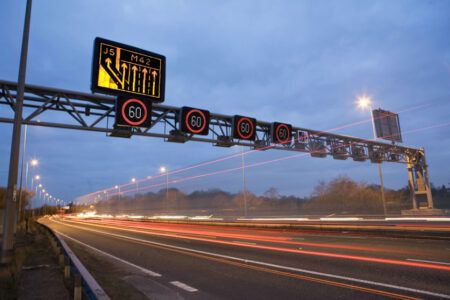Obvious pressures when we’re driving on the roadways – like aggressive drivers, stormy weather, and unruly passengers – are widely recognized. But less conspicuous triggers can compromise safety, too. In this clip from the latest episode of the Thinking Transportation podcast from Texas A&M Transportation Institute (TTI) , human factors expert Michael Manser discusses this challenge. IN the full episode, which can be found on the podcast homepage and on your favorite streaming service, Manser is joined by Ioannis Pavlidis,he Eckhard-Pfeiffer Distinguished Professor of Computer Science and director of the Affective and Data Computing Laboratory at the University of Houston.
Guest info: Michael Manser manages TTI’s Human Factors Program. He has worked in the area of transportation safety for more than 25 years. Mike has been involved in research examining the impacts of vehicle and infrastructure-based technology on driver behavior and stress on projects conducted for the National Highway Traffic Safety Administration, Federal Highway Administration.
Guest info: Ioannis Pavlidis is the Eckhard-Pfeiffer Distinguished Professor of Computer Science and director of the Affective and Data Computing Laboratory at the University of Houston. His research is funded by sources including the National Science Foundation, transportation agencies, and medical institutions. He has published extensively in the areas of affective computing and data science. Widely known for his work on stress and its effects on human to human and human-machine interaction, Dr. Pavlidis pioneered developing contact-free methods for measuring electrodermal activity, breathing, and heart function, which he used to study physiological arousal in naturalistic studies.






